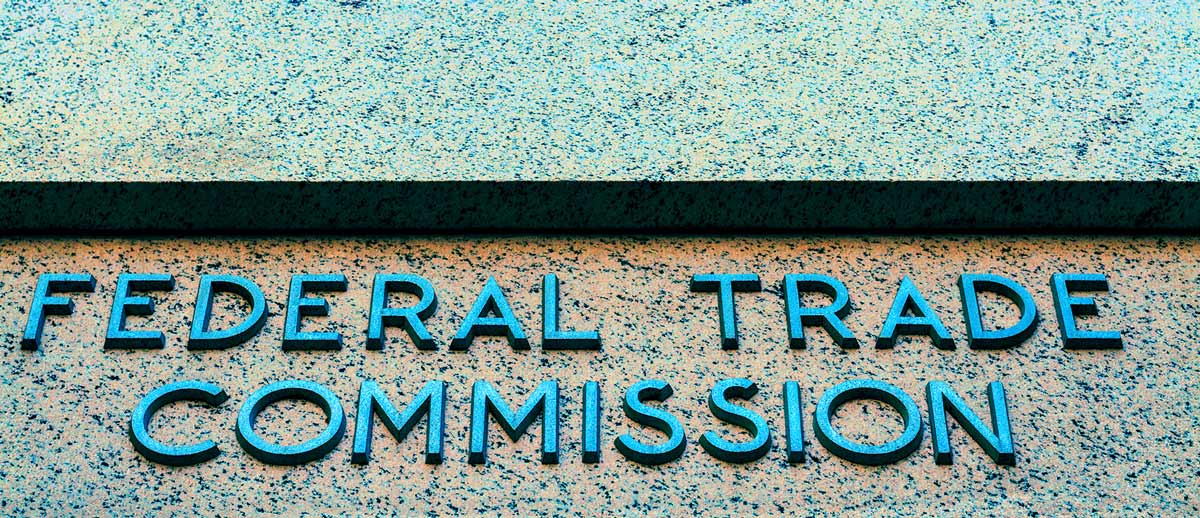As the fintech industry has evolved over the past decade, the Federal Trade Commission has proved to be among the industry’s most active regulators. Acting through a multi-member, bipartisan structure, the agency enforces not only the broad prohibition on unfair and deceptive acts and practices, but also a range of proscriptive laws, including ECOA, TILA, and the FCRA, among many others. As a result, the FTC has broad experience in the fintech space, dealing with issues related to lead generation, B2B payments, digital assets and payment processors (again, among many others). Companies should expect increased scrutiny with Lina Khan now leading the FTC as its Chair, given her ambitious rulemaking and enforcement agenda. Some of her appeared to have stalled for several months due to a democratic vacancy on the FTC, leaving the FTC with a 2-2 democrat-republican split. But with the confirmation of the third democratic commissioner, Alvaro Bedoya, Chair Khan now should have a voting majority to pursue her agenda. In this article, Christopher Leach, a partner with Mayer Brown and a former attorney with the Federal Trade Commission, explains the FTC’s enforcement trends for in the fintech space and where Chair Khan may take the agency during her term.
By Christopher B. Leach[1]
When fintech lawyers think through the list of relevant regulators, what comes to mind? Within the alphabet soup of federal regulators — SEC, CFPB, FinCEN, and so on — companies some
...THIS ARTICLE IS NOT AVAILABLE FOR IP ADDRESS 216.73.216.128
Please verify email or join us
to access premium content!

